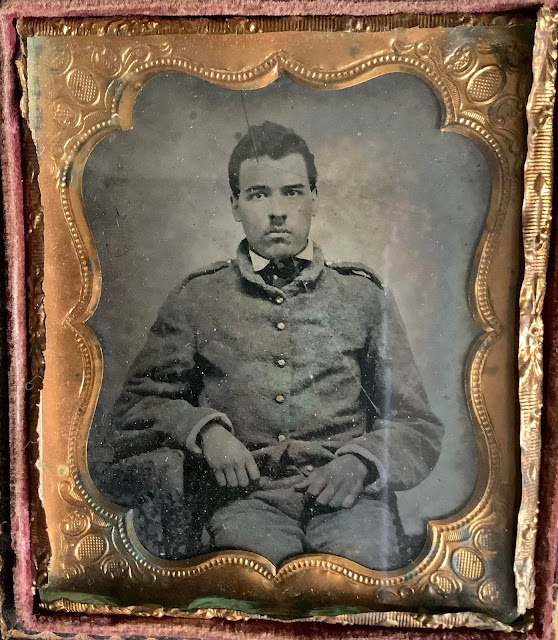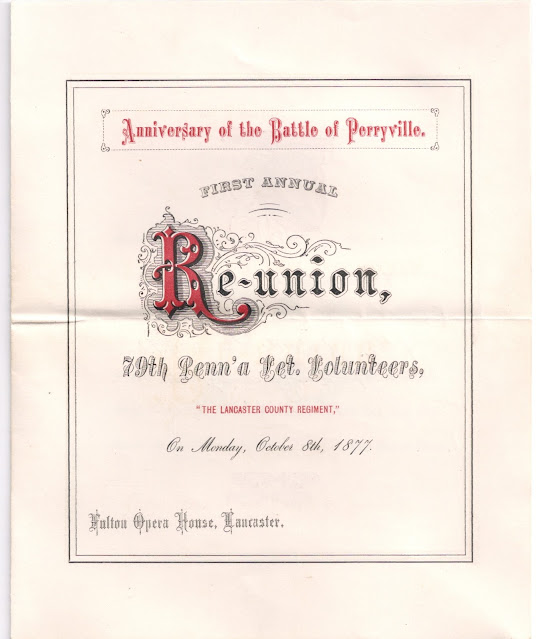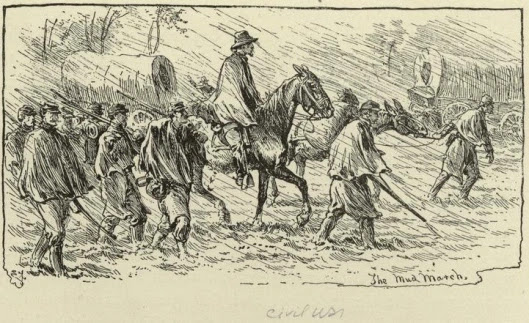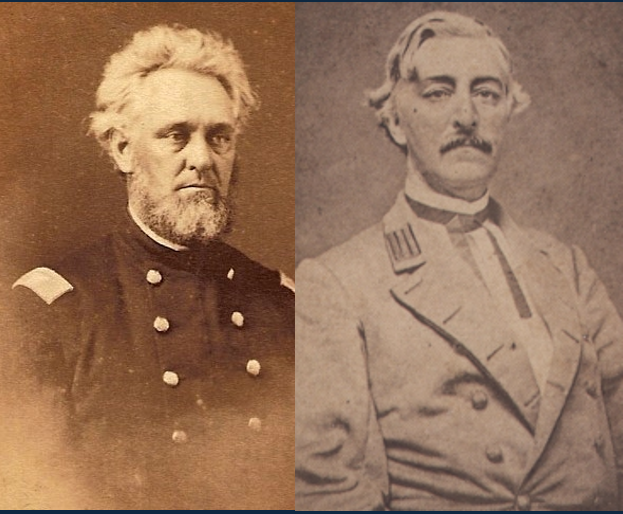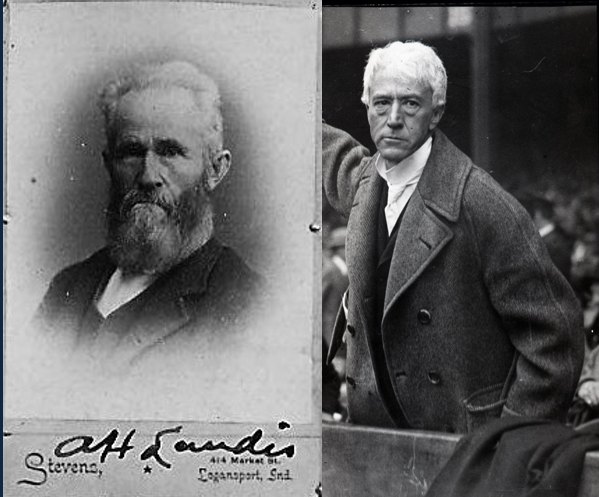I n the early twilight hours of September 19, 1863, at Chickamauga, Sergeant William Richey of the 15 th Ohio was dispatched between the lines to try and ascertain the location of the Confederates. “Presently I saw an officer on horseback approaching me from the right only a short distance from me,” he later wrote. “We were no sooner side by side than I discovered that we were enemies. As quickly as I could, I said to the man on horseback in a loud, bold tone, “You are my prisoner! Surrender, or I will blow out your brains!” Instantly the officer reached for his pistol but, pointing my weapon at him, I repeated my demand with increased determination and ordered him to dismount. He complied and became my prisoner.” For this act, Sergeant Richey would be awarded the Medal of Honor in 1893. He explains the story of his regiment on the first day of Chickamauga in this harrowing account published in Walter Beyer and Oscar Keydel’s 1901 tome Deeds of Valor: How America’s Heroes Won the
